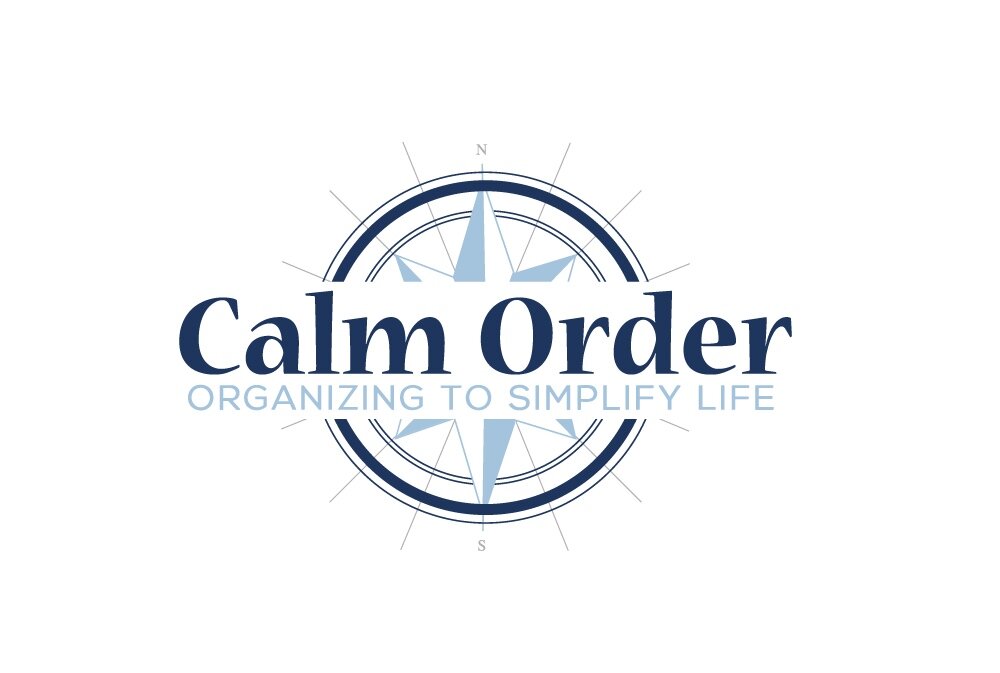Camping: this one small word encompasses a lot of tasks, including shopping, packing, cleaning, setting up, and cleaning up. Camping is a summer vacation that requires a lot of management and organization. Below, we've got suggestions on how you can pull off your camping trip in the most efficient and organized way. A summer vacation spent camping can be busy, but it can also be fun and relaxing!
1. Make a list – and check it twice!
The key to every major organization process is to make a list. When you’re preparing for a camping trip, it’s important to take the time to think about everything you’re going to need, from food to clothing to entertainment. Camping is also about more than just packing for the trip – it also includes making sure your home is clean and secure before you leave, and that you have any maps, snacks, music, or other items for the drive. One long list can be overwhelming, so try breaking your list down into different sections, like breakfast food, or campfire snacks, or what to do before you leave. Once your list is completed and you have finished packing, make sure to give it one more look over to make sure you aren’t forgetting anything important. You can find an online checklist for camping here.
2. Pack like items with like
Once you’ve determined what items you need to bring, you’ll need to start packing them in your trailer or RV, or into travel bags/bins. Pack together items that are similar. When you’re camping, this might not be as simple as putting all clothes in one bin. For example, consider packing all warmer clothes for during cool nights and mornings together, and lighter clothes for warmer temperatures together. This way, you can quickly find the clothes you need, whatever the weather may be. When you’re packing food, put all the items that need to be kept in a fridge or cooler together, and all items that can be stored at room temperature in one container. You can also pack food by meal type. Keep all breakfast, lunch, supper, and snack items together so they’re easy to all pull out when you need them. When you go to unpack at your campsite, this process will be a lot easier because all the items you need for specific activities or tasks will be sorted together. When you are figuring out what items to put together, think about what makes sense to you and your camping mates and the type of camping you are doing. Different systems will work better or make more sense for you than it will for others!
3. Label, label, label!
Tenting, RVing, and trailer camping all use a lot of equipment and items that can be hard to keep track of when you’re packing and unpacking them. Store items in clearly marked containers, in a system that makes sense to you and your family or friends. For example, use clear boxes with easy to read labels that identify clothes, food, or toys. You can also use colour coordinated boxes, and store all cutlery and plates in a green bin, and all swimming gear in a blue bin, or whatever you may have. If you’re tenting, consider using glow-in-the-dark tape or brightly coloured bins to label and store your items so they’re easy to see even when it is dark out. Labelling all your items and storage areas will help you find items easier, and make the packing and unpacking process more efficient!
4. Be practical
It’s important to make sure that you have all the items you need, but it’s also important to make sure that you don’t over pack. The cramped spaces of RV’s and trailers, not to mention tents, don't allow for a lot of storage space. Try not to take up valuable room with non-essential items, so before you begin the packing process, go through and “declutter” the items you are ready to pack first! Most campgrounds have laundry facilities and potable water, so it isn’t always necessary to bring so many items like clothes, disposable cutlery, and disposable plates when you can easily reuse a select few items for the duration of your trip. Make up a meal plan ahead of time for breakfast, lunch, and supper, and purchase the food that you need for those meals (as well as a few snacks!) but don’t go overboard when you’re shopping. While you want to make sure you have enough food, it’s unnecessary to buy food that you “think” you’ll need. It isn’t worth packing out a lot of food when you will end up packing it all home, so shop wisely. If you are camping with others, consider splitting up the grocery list, and allocating a portion of the items for each person to buy and bring out.
Camping requires a lot of planning, packing, and unpacking, but the more organized you are before you leave, the more time you’ll have to relax in the great outdoors!











